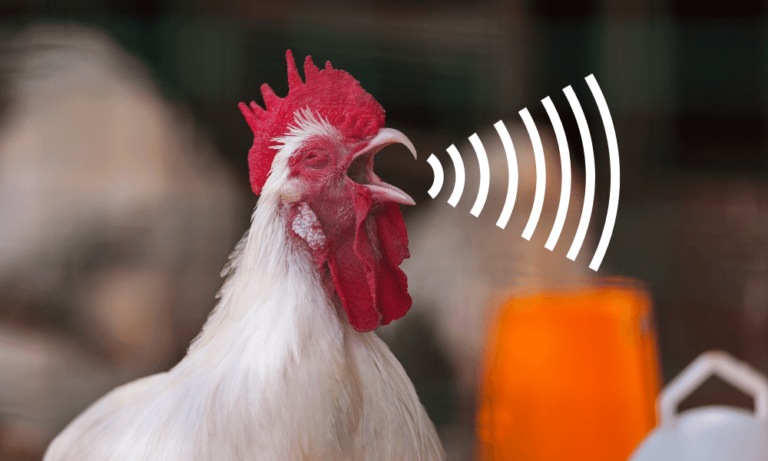The 18th Amendment to the US Constitution prohibited the production, sale, and transport of “intoxicating liquors” but never specified what those intoxicating liquors were, leaving this up to future legislation. The National Prohibition Act (also known as the Volstead Act because it was managed by Andrew Volstead) was the piece of legislation which determined the impact of the new amendment. It defined any beverage containing over .5% alcohol by volume as “intoxicating.”
There were exceptions to the Volstead Act. For example, physicians were able to prescribe whiskey for a patient but there were limits as to how much was allowed, similar to how opioids are treated today.
Organized crime followed the enactment of prohibition as people were still willing to pay money for alcohol. As people got used to paying for their illegal alcohol and therefore becoming more comfortable with living on the wrong side of the law, the public opposition to prohibition gained ground. The 18thAmendment was repealed by the 21stAmendment in 1933, voiding the Volstead Act and transferring control of alcohol to states.


